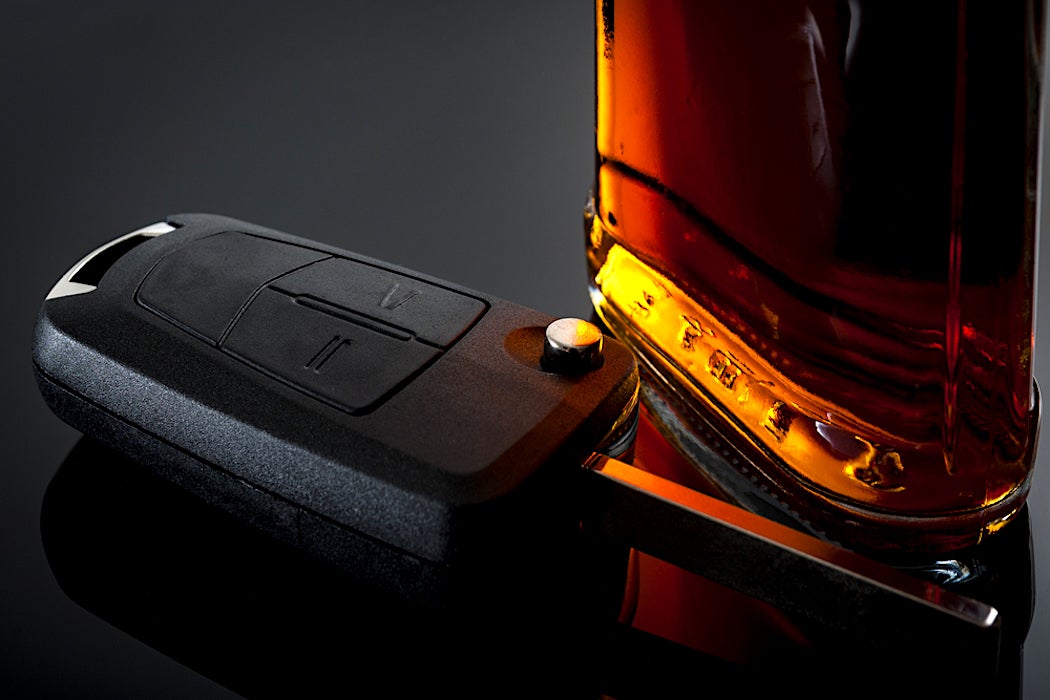Most people assume that driving while intoxicated (DWI) and driving while under the influence (DUI) means the same thing, but in Queens, a DUI and a DWI are different. They differ not just by legal definition but also in the way that they are prosecuted and punished. Regardless which charge you are facing, it is critical that you hire the assistance of a DUI or DWI attorney to defend you in Queens. You will need someone with specialized knowledge to fight on your behalf.
What is the legal difference between being drunk or drugged in Queens?
The actual term driving under the influence isn’t in the state laws of New York. In the penal code, you can be accused of a crime if you are operating any vehicle while you are being influenced by either drugs or alcohol. In New York, the term DWI is the one that is used when someone is being accused of driving while taking drugs or drinking alcohol.
Legally, to be accused of driving while intoxicated you have to have a blood alcohol concentration that exceeds 0.08%. If you are pulled over under the suspicion of driving while impaired, you will be asked to submit to a blood, urine or breathalyzer test to determine if you have alcohol in your system and whether or not it is enough to legally impair your judgment while driving.
If your BAC is over 0.18%, then the changes of DWI will rise to an aggravated DWI, which comes with stiffer penalties and fines as well as the potential of jail time. New York is also a state that adheres to the zero tolerance law. In New York, any minor who has any alcohol concentration greater than 0.02%, can be accused of driving while under the influence of alcohol.
Since minors are not allowed to drink in the state of New York, if you are caught driving with any alcohol in your system under the age of 21, you can be charged with a drinking offense. An underage DWI can be issued if your BAC is between 0.02 and 0.07%.
What are the penalties for driving while intoxicated or impaired in Queens?
New York has some of the harshest penalties for those who are caught drinking and driving. If you are accused, it is imperative that you have someone to defend you while you are being convicted. If you do not have a proper defense, the chance of receiving any of the below penalties is even higher.
- DUI: Fine of $300-$500, ninety-day license suspension and up to fifteen days in jail
- DWI: Fine of $500-$1000, one year in jail and a six-month license revocation, at minimum
- Aggravated DWI: Fine of $100-$2500, one year jail time and a minimum of one-year revocation of your driver’s license
- DWI and drug charge: Fine of $500-$1000, one year behind bars and a minimum of six-month license revocation
- A DWI combination can carry the same charges as a DWI and drug charge
- Underage DWI: Fine of $125 and six-month license suspension
Why do you need an attorney?
It is not a good idea to go to court without legal representation. Even if you had a BAC of more than .08, that does not necessarily mean that you have to plead guilty and accept the consequences. A Queens DUI lawyer can help you negotiate, or, in some instances, have the charges against you dismissed.
If you get charged again within ten years of the first offense of driving while intoxicated, then the fines and consequences increase significantly. So, if it is not your first offense, it is even more critical to have someone defend you in a court of law.
A knowledgeable queens DUI attorney will know how to form a defense to minimize the consequences of being found guilty of driving while being impaired in the state of New York.

















